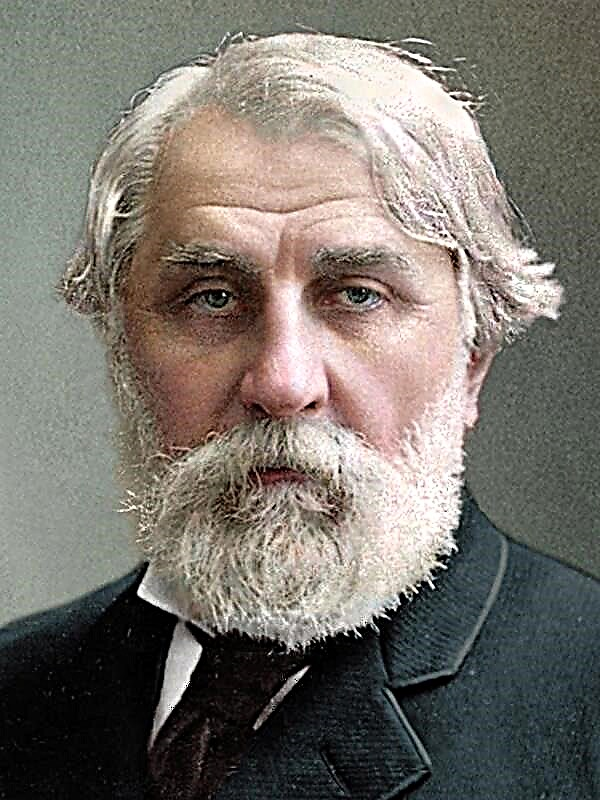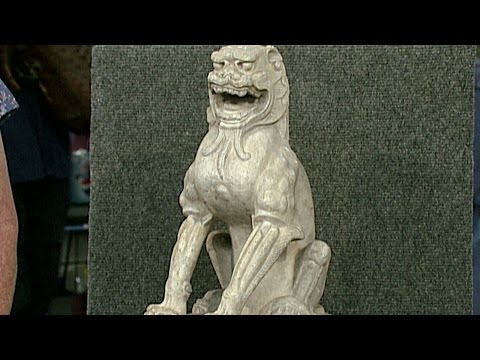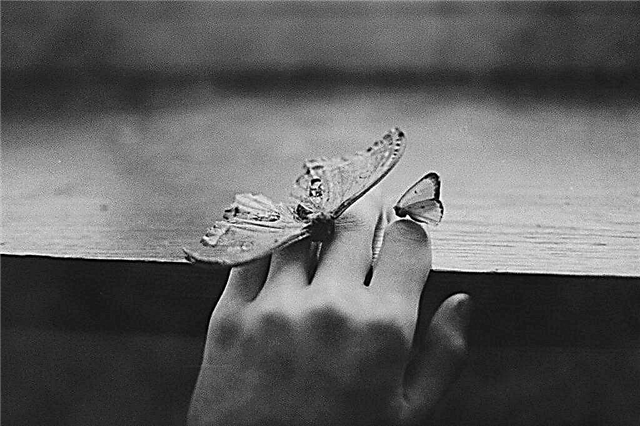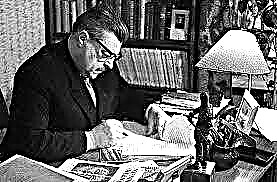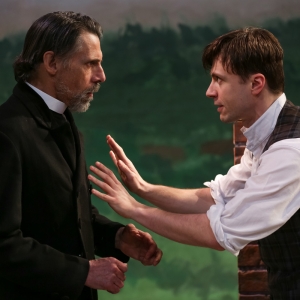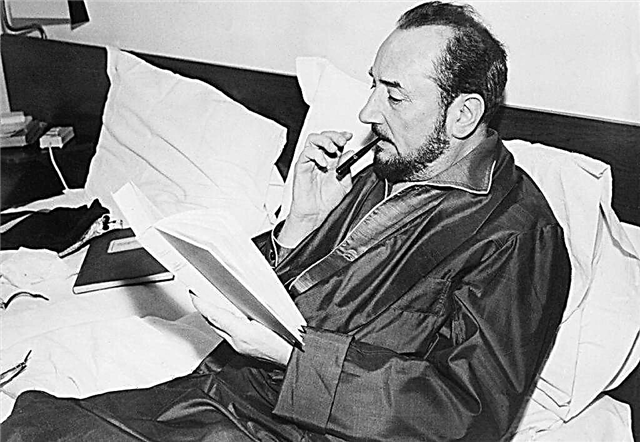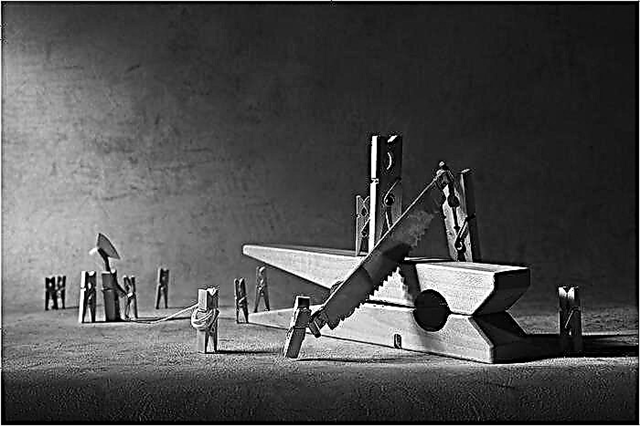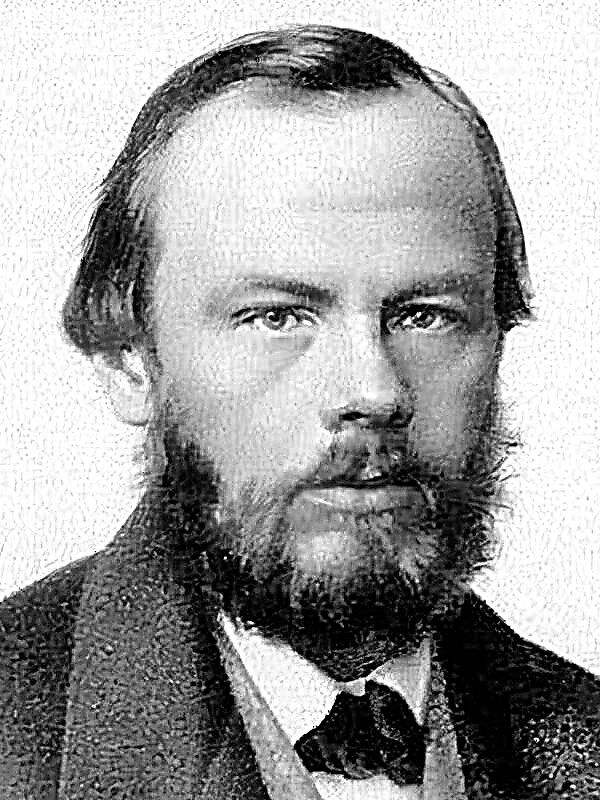(357 words) A.P. Chekhov forever changed all domestic drama, setting her a new standard of quality. In his plays, he came close to the exact reproduction of real life. His characters are not divided into negative and positive, his action is devoid of pretentiousness and expressiveness. Even the main conflict and idea are hidden from the viewer, forcing him to carefully analyze what he saw, evaluating what is happening from different points of view. We can see a clear example of the Chekhov conflict in the play “The Cherry Orchard”.
At first glance, everything seems obvious. Before us are representatives of the nobility - Lyubov Ranevskaya and Leonid Gaev - spoiled, divorced from real life dreamers, interested only in their own well-being. On the other hand, we see Yermolai Lopakhin - an honest progressive entrepreneur, reasonable and executive, rising from the bottom. It would seem that the conflict is understandable. A future-minded merchant against parasitic landlords stuck in the past. But Chekhov cannot afford to look at this situation so one-sidedly. The writer reveals images of nobles who turn out to be kind, sensual people with a subtle soul. Their fault lies only in the fact that they were born too late, finding themselves in a world where the ideals that inspired them from early childhood were obsolete. Looking ridiculous and miserable before rational Lopakhin, they carry the spirit of a real noble aristocracy, while Yermolay Alekseevich himself, a descendant of a peasant, is unable to throw off the chains of centuries-old slavery and feel like a full-fledged person. The characters themselves communicate with each other on equal terms, noting both the shortcomings and the merits of each other. Thus, Ranevskaya, Gaev and Lopakhin are not in conflict with each other, but with the very era in which they live, with the course of history, which made them what they are. Love and Leonid, trying to save their estate, enter into a hopeless battle with the future in order to protect their happy past, while Lopakhin, on the contrary, buying the estate with the aim of destroying it, tries to defeat his slave's genealogy in order to move confidently into the future. But in this war they all fail, Lopakhin buys a house, but the progressive entrepreneur himself, having become the master of the situation, is afraid to admit his feelings to Ranevskaya’s adopted daughter, Vara, realizing that he will never be able to feel equal to her.
In this play, Chekhov reflected all the contradictions of his time, when Russia, finding herself at the crossroads of history, desperately searched for herself, torn between a familiar but irreversible past and an unclear, worrying future.

